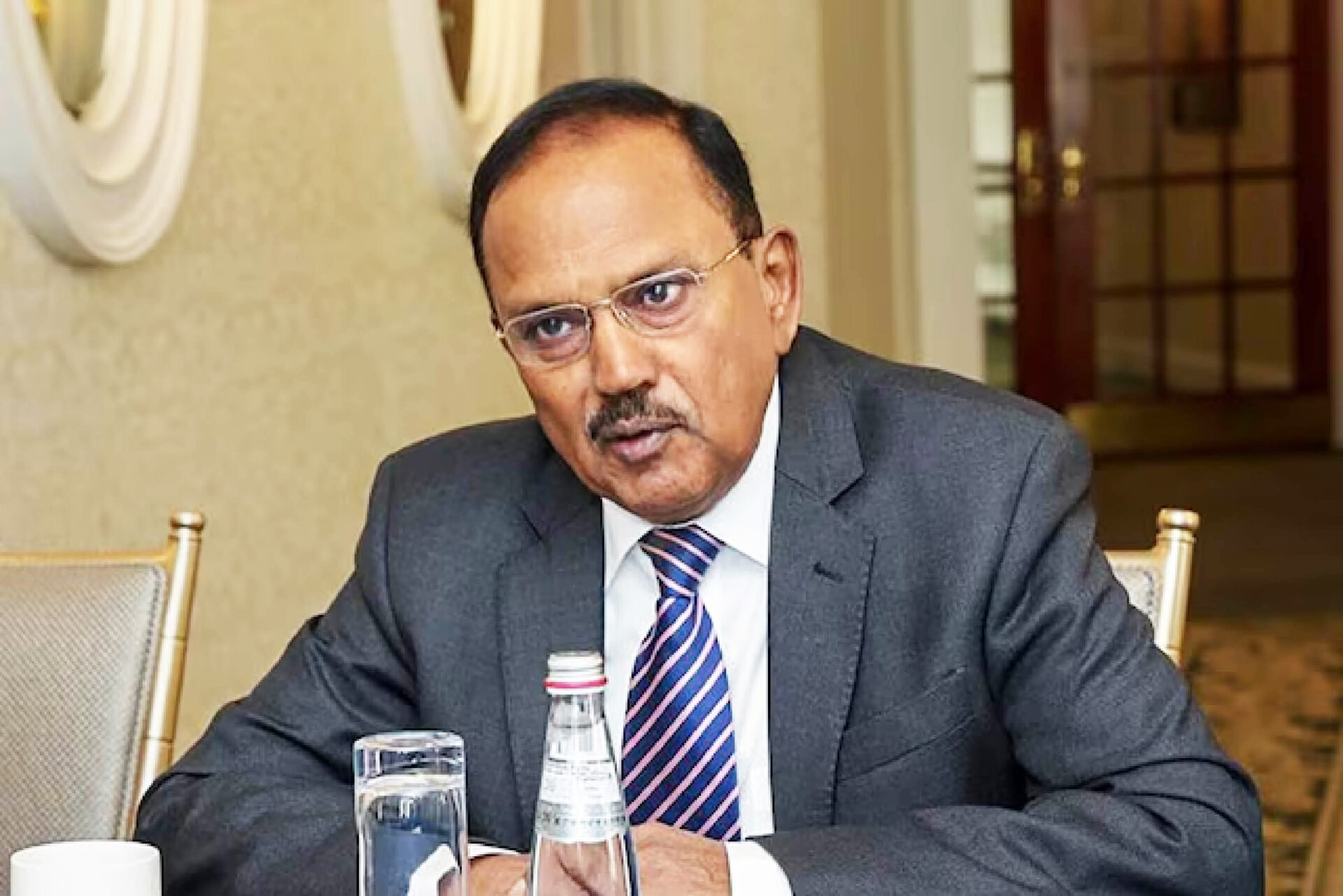NEW DELHI: Reports are that Ajit Doval, who completed 79 years in January, is keen to retire.
With National Security Advisor, Ajit Doval, who completed 79 years this January, apparently expressing his intention to hang his boots once the new government is formed post 4 June, who his successor will be is being deliberated in domestic and international circles.
Doval was appointed the NSA by Prime Minister Narendra Modi in among his first few appointments after taking oath of office. Doval will complete 10 years of uninterrupted reign on 30 May, during which he earned the title of the most powerful and senior ‘minister-bureaucrat’ of PM Modi.
While officials in the security establishment, as has been the trend, have little or nothing to confirm on the possible successor of Doval, it is widely expected that the PM has already made up his mind on whom he will appoint in place of Doval if the BJP returns to power, as is being speculated widely.
The name of former Research and Analysis Wing (R&AW) chief, Samant Kumar Goel, who used to enjoy Doval’s confidence is unlikely to make the cut given the Pannun-Nikhil Gupta fiasco involving Washington. With Delhi and Washington witnessing unprecedented levels of information sharing on strategic issues, both will want the relationship to continue smoothly.
Deputy NSA in the National Security Council Secretariat, Pankaj Singh, who headed the BSF, has a varied experience of internal matters but has comparatively few points to his names when it comes to matters related to external issues.
Of the top officials, who have been active in the last five years—one of the criteria that PM Modi is likely to use while zeroing in on the name to succeed Doval—includes former R&AW and National Technological Research Organization (NTRO) chief Anil Dhasmana, who like Doval, belongs to Uttarakhand.
Dhasmana has worked in multiple vital and important positions, including in Western countries during his tenure in R&AW and holds expertise in Pakistan and related issues.
Similar is the case with present Intelligence Bureau chief, Tapan Deka who has been involved in successful operations that have been closely monitored by the PM himself. Deka’s two-year tenure ends next month.
Doval, despite actively engaging in media and related mediums after his retirement as chief of Intelligence Bureau in January 2005 till May 2014, when he was appointed the NSA, adopted the policy of being highly selective while dealing with the media after he became the NSA.
However, Goel, Dhasmana and Deka are said to be more open to the idea of engaging with the media, as their counterparts have adapted to do, with visible positive results, in Beijing, Islamabad Washington and London among other places.
During the time of former Prime Minister Manmohan Singh, the last NSA was an officer from the Indian Foreign Service (Shiv Shankar Menon), and a senior official said that one of the topic of discussion in the domestic circle was if PM Modi would give the post to someone from the Indian Foreign Service cadre, given the massive flow of information and interaction that the NSA is now required to do with US and the UK.
However, this argument may not hold much water, as in the matter of foreign affairs in this government, PM Modi likes to himself engage while complementing the role of his minister, who as of today is a career diplomat, S. Jaishankar.

